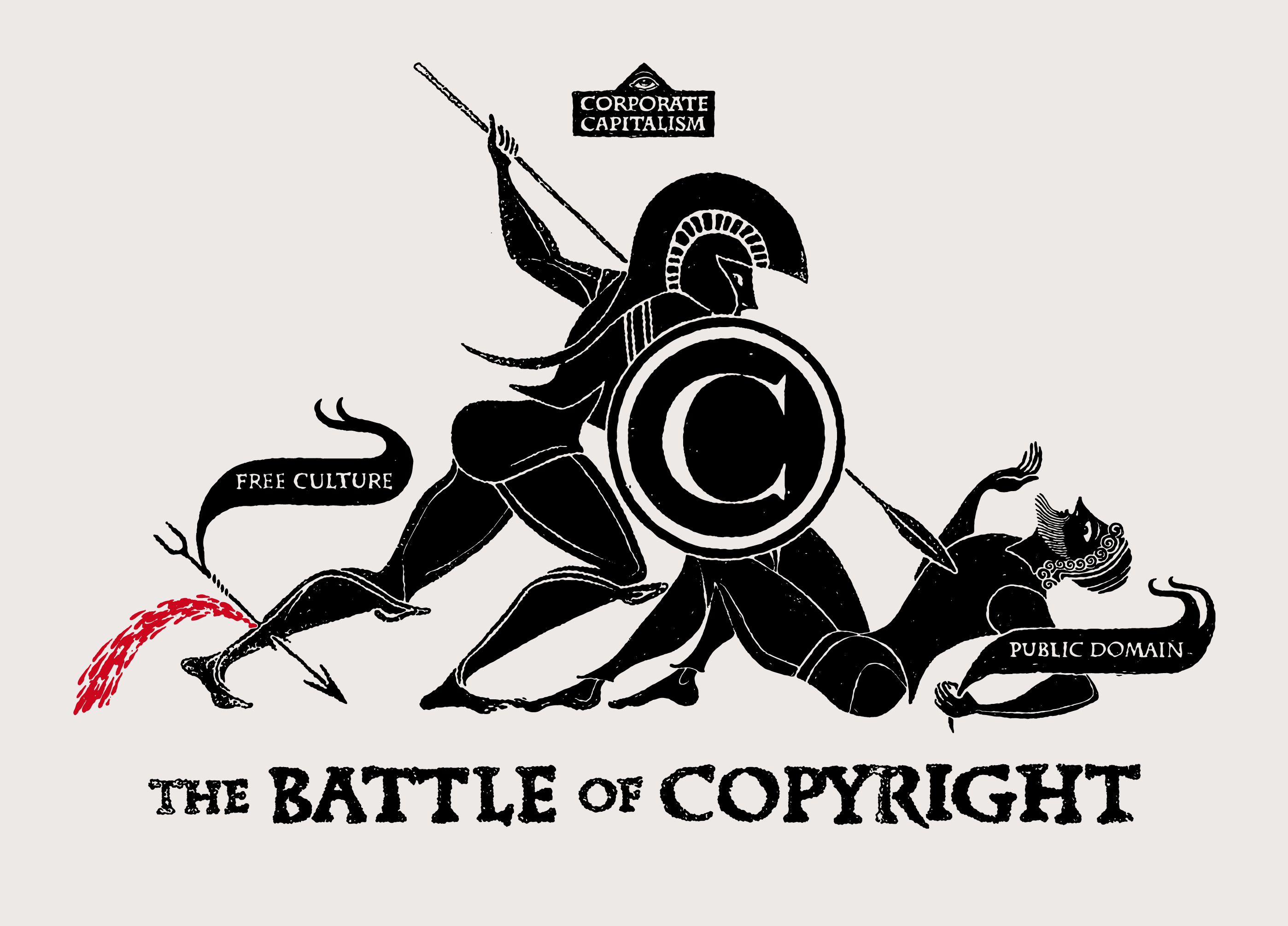Hunting
We are talking about copyright infringers, of course, and not Somali pirates. One of the most common methods is live bait fishing. This is done by law firms in cooperation with IT specialists. So, a popular movie is uploaded to the torrent tracker and a filter is turned on, limiting downloads for everyone except for a certain country, in which live bait fishing takes place.
The reverse method is also often used. An IT specialist finds a torrent tracker with a movie of interest and downloads it to his computer via BitTorrent .

Network stream recording
This turns on the recording of connections and downloads, usually carried out using a network stream analyzer. These can be programs like tcpdump , WireShark, or their commercial versions like Riverbed's StealHead Analyzer. All of these programs allow you to record and view the entire stream passing through the network. The network stream recording is saved to a PCAP file from the English Packet Capture .
After the movie has been downloaded, IT Co. specialists select streams belonging to individual users and their IP addresses in the saved recording.
Legal action
Next, lawyers come into play. They go to court and receive a court order of execution, with which they then turn to organizations providing Internet access services or, in short, Internet providers. The information requested includes first and last names, home addresses of the owners of the IP addresses used to download the pirated copy of the movie.
IP addresses
Here you need to pay attention to the fact that there are static and dynamic IP addresses. Static IP addresses are permanently assigned by the ISP to a specific subscriber. Dynamic IP addresses are assigned to a user temporarily for a few minutes, days, etc.
Time stamp
Therefore, specifying the exact time or timestamp in English timestamp ( not to be confused with a black pirate label ) is very important when requesting information about users. Not so long ago in court one of IT specialists working for pirate hunters was unable to answer a seemingly simple question in court . What do the timestamps in the PCAP network stream record mean?
IT specialist asserted that they mean data transfer time. The ISP's lawyers refused to provide data on their 6,000 subscribers and argued that the timestamps actually indicate the time when the information was extracted and saved from the general PCAP record for specific users. Due to the inability of this IT specialist to prove what these timestamps really mean, the pirate hunters have lost this trial.
In fact, both sides were wrong and the timestamps in PCAP indicate the time the network stream was recorded on a particular computer. That is, a program like tcpdump or WireShark takes time from the clock of a specific computer, on which the PCAP file is written.
Speculative accounts
If the ISP provides information about the users, pirate hunters use a practice that resembles common extortion. This practice is called "speculative invoicing" or in English speculative invoicing . Simply, invoices are sent to all users who could be identified. In these invoices, it is proposed to pay a fine of many thousands, which can vary from $ 500 to $ 10,000.
In case of late payment of the fine, the recipient of such a letter of invoice is informed that his case will be taken to court. Considering that several thousand of these letters are sent out, the collection of income, according to information from the lawyers themselves, reaches several million dollars.
It is not clear what happens to those who refused to pay such bills. It is possible that those who downloaded a couple of films have nothing to worry about, since no one will start a lawsuit over $ 500. For those who are caught distributing hundreds of films and musical works, I think they should not relax.
This is not our method!
Methods of combating piracy on the Internet can be, to put it mildly, ambiguous. But apparently money doesn't smell.
Well, it's there in the west. In Russia, the practice of pre-trial blocking of pirate resources is now more common. Only a dozen of convictions handed down by the courts to the owners of pirate resources come to mind.